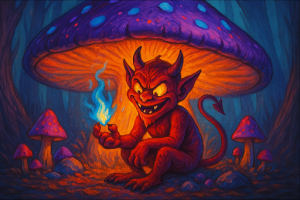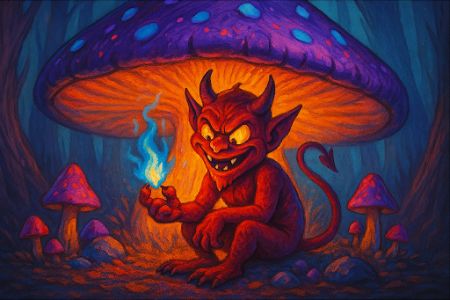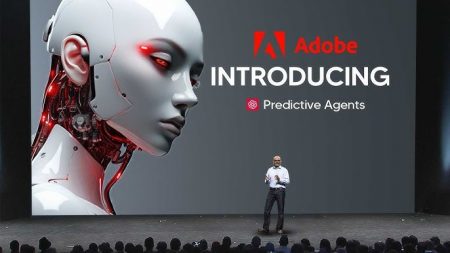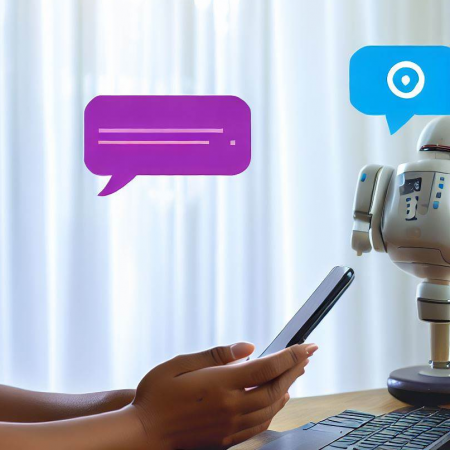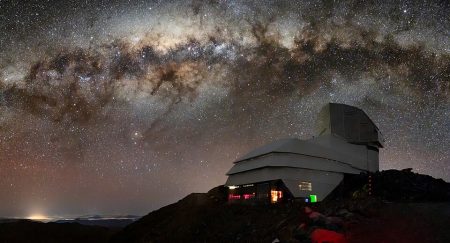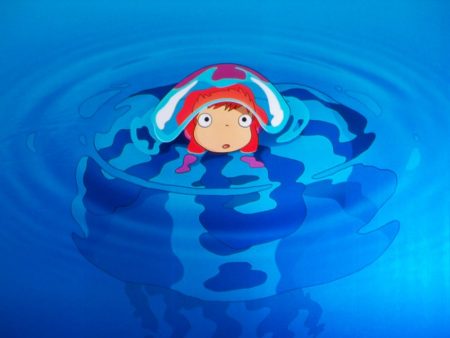We are in an AI-induced world of rampant societal solitude but it need not be a lonely one as we fear but one infused with the discovery of our passions writes Satyen K. Bordoloi.
Research under anomalistic psychology i.e. the study of the paranormal and their validity, have found that sightings of ghosts declined as the world began to light up. Even today, most ghost sightings are in less-lit or unlit rural areas of the world.
Many things began their decline with the advent of science and technology. Belief in god is another casualty. Unlike in the past, we do not need gods to solve problems science easily can like cataracts, stomach bugs, bacterial infection and literally a million more. Like ghosts need darkness, gods too need ignorance to survive.

In the modern age, with the advent of the digital world – computers and mobile first, and especially AI now – something more important has been affected greatly – the need for society, companionship, marriages etc. Relationships of every kind are undergoing change at an unprecedented, dramatic rate. We are indeed talking about changes in business, employability, creativity etc. being brought about by artificial intelligence. But few are noticing the upheavals in societal and relationship norms.
AI is changing the world at a rapid clip. We can arrest it as much as we can catch all raindrops in a downpour, but we can definitely see it while it is happening – watch the raindrops fall to nourish the ground and be prepared for both the flowers and the weeds that will spring from it.
The Need for Bonds
In the ancient world when humans hunted or foraged for food, dangers were infinite. Being alone or ostracism was a death sentence. But banding together meant more hands to fight a big prey, a community pool of intelligence, knowledge and awareness. It brought about gossip which could save your life, give you intel about potential mates, lead to your rising in stature in this ‘society’, etc. That created a world of community sharing to fulfil individual needs.
The irony is we are in a world where the word ‘sharing’ is used infinitely, but companionship, the need to be together, to belong, to seek social approval, has gone down drastically under the onslaught of individualism brought about by the collective security blanket created by science and technology.

How AI Is Edging Loneliness
While individualism and the connectivity of modern technologies like the internet and mobile networks were already reducing the need for real social connections, AI added another dimension to it. Though we no longer need village gossip to feed our immediate wants as we could just Google it, the problem is it simply presents the data you sought. Google does not contextualise it to your specific need. For that, you sometimes still had to call that friend with knowledge of that domain.
But generative AI has replaced that domain expert friend as ChatGPT or Bard can analyse and present the answer as per your needs. Of course, AI does not have context or meaning of its own. But like the village provided a community pool of intelligence, every generative AI is sourced from the pool of collective human intelligence of the entire race digitised or created over the last 40 years.
The partnership of marriages is declining because casual or even long-term bonds without it are being facilitated by AI on dating apps. Why be stuck having physical relations with one person for life when you can choose anyone from anywhere in the world on a platform of potential mates curated by AI? This has aided feminism as women do not need to worry about a supportive man or sexual partner anymore with a mobile in hand.
News as we knew it is also dead. Instead of the newspaper that carries the most important news of every domain, the AI on your phone newsfeed curates it based on what you have already liked. Thus though you get news from the world, you get it in fewer domains.
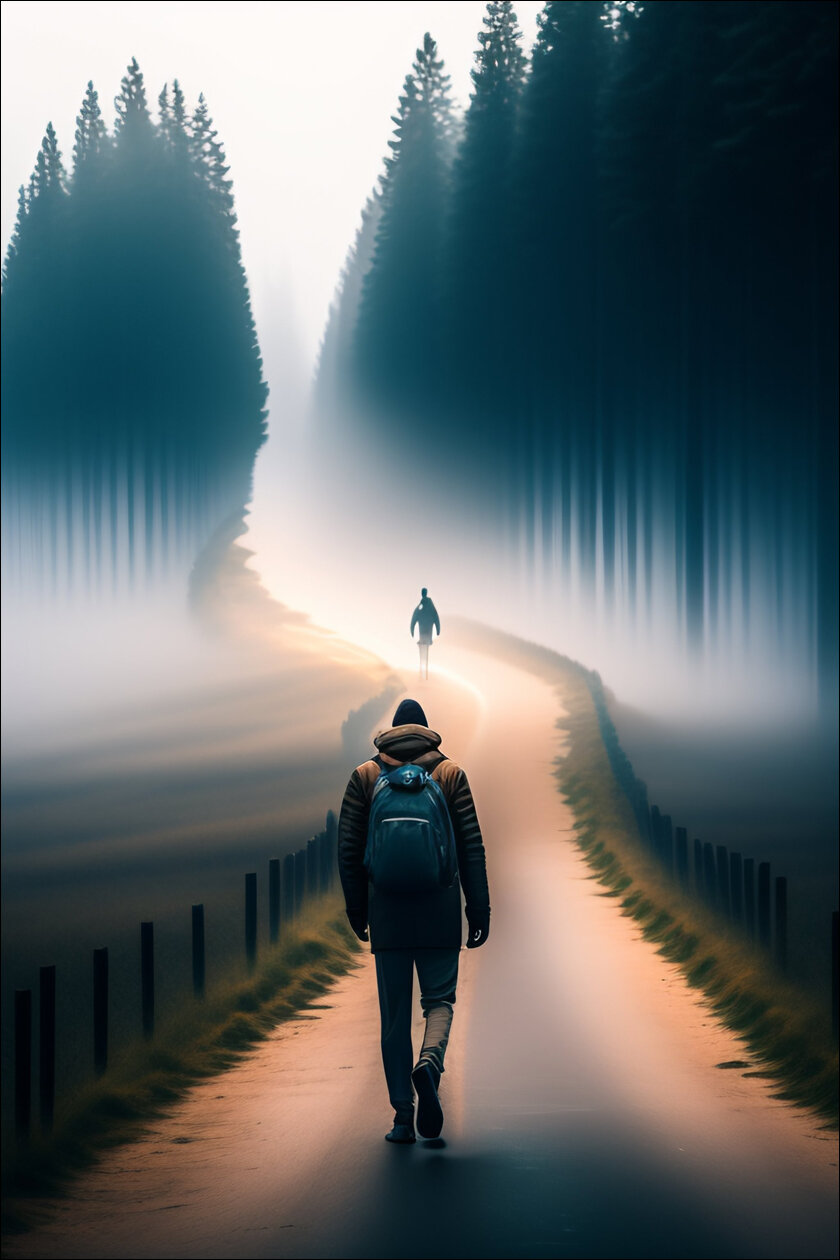
The Personal Village / Tribe
That does not mean we have forgotten the concept of villages or tribes. Our mindset is still the same but instead of finding our villagers in a small geographical area, we can source them from all over the world. Forums like Reddit are a great example of modern tribalism. You go there to meet like-minded professionals like the village square of the past. You get your specific information and knowledge on such platforms that have multiple sub-platforms to cater to your every need. Today you don’t need as much general information as in the past. What you need is specialist knowledge which you can find with specialists on these sites.
Why Modern Solitude Is Not as Bad as It Is Made Out to Be
Ironically, in the world before the industrial age, most of the people who made scientific discoveries and inventions came from the priestly class. Except in some rare parts of ancient Greek, Indian, Chinese and much of the Islamic world, education – especially science- was negligible. That was also because science was then rudimentary, based mostly on observations. And to observe and infer knowledge from it, and then turn them into discoveries and inventions can only happen in solitude. Creation takes time and it is only in the solitude of your work, that creativity is unleashed. In the pre-industrial world, only the rich and priests had time. Everyone else was too busy in the struggle for survival to have time for thoughts or discovery. Places that were most prosperous had the most discovery: Ancient Greece, China, India and the Middle East after that and with their imperialism, prosperity spread through Europe and the age of renaissance and science began.
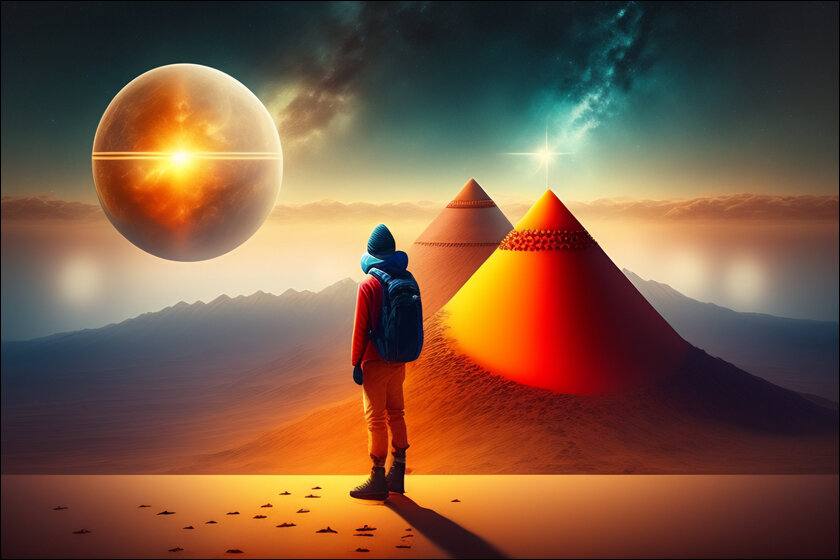
Today – despite the many problems in the world – we have created a world of generic prosperity where anyone can find that solitude needed for creativity and discovery. That is why science and technology is exploding into new horizons every single day. More things are discovered in a minute today than they were in 100 years a millennia ago.
Through that, we have also created a world that does not need so many social connections. You do not have to consistently stay in touch with your family and outer ring of friends. We have become a race of self-reliant folks thanks to the aid of technology. And that has led to the problem of loneliness. Warnings are on about it becoming an epidemic.
While it is true that loneliness is indeed a problem and it is likely that a good number of people will be afflicted by it, what is also true is that our attitudes to that free time, of not needing social interactions will determine what comes out of it. As individuals this gives us freedom to explore the world and our interests, of keeping needless interpersonal drama and conflicts out of our lives.
The difference between ‘loneliness‘ and ‘solitude’ is minor and how one turns to the other is determined by our attitude and how we look at our free time. If we spend it craving company, we waste it and it turns into an affliction called loneliness. If we see the opportunity latent in it to explore and understand the world, it becomes the beautiful feeling of solitude that liberates us from the needless drama that we naturally become a part of when we are with too many people.
Solitude or loneliness is the new normal. Instead of abhorring loneliness, we should see it in the light of creativity inducing solitude.

(Image Credit: Wikipedia)
The Dangers
That does not mean everything will be good with the relational changes brought about by AI. First of all, there will be turmoil. I believe we are already seeing this AI-induced unrest in the polarization of society, in binaries of everything from politics to sexuality instead of the rainbow that actually exists in the world. The reason is the speed of transformation. Let us take fidelity. A world of enforced monogamy is suddenly having to contend with AI-induced choices of infinite partners through dating apps. Sexual relationships – from flirting to those married – are thus undergoing changes at 100 times the speed of our collective ability to understand it.
In the old newspaper model of news assimilation, you got a wholesome, collated package of everything – politics, business, culture, art, sports etc. Now, your mobile news feeds – like your every other feed – from YouTube and Instagram to Tinder and Facebook – feed you more of what you click on. Thus, you know more and more of your point of view and next to nothing of what others think, leading to confirmation bias and thus polarization.
In politics – the detailing of the hypocrisies of the other side is leading to a world turning either Left or Right, whereas the rainbow of opinion has more colours than gender and sexuality. These things are causing more enforced loneliness, rather than a welcomed solitude. The danger is that the pace of change leaves humanity out of breath while running to catch up and causes a heart attack on our collective soul.
But if there is one thing we know about us, it is that we adopt and evolve. Humans may be slow to change, but we change deeply when we do. The world will emerge from its enforced loneliness into welcomed solitude with time. And when it happens, we will realise that loneliness is just a ghost in the dark.
In case you missed:
- What are Text-to-Video Models in AI and How They are Changing the World
- Are Hallucinations Good For AI? Maybe Not, But They’re Great For Humans
- How Old Are We: Shocking New Finding Upends History of Our Species
- A Teen Suicide Spotlights Dangers of Unregulated AI Companions
- AI Taken for Granted: Has the World Reached the Point of AI Fatigue?
- India’s Upcoming Storm of AI Nudes & Inspiring Story Of A Teen Warrior
- Quantum Leaps in Science: AI as the Assembly Line of Discovery
- Copy Of A Copy: Content Generated By AI, Threat To AI Itself
- AI vs. Metaverse & Crypto: Has AI hype lived up to expectations
- AI Adoption is useless if person using it is dumb; productivity doubles for smart humans


